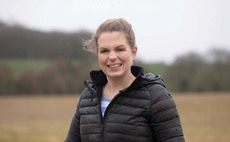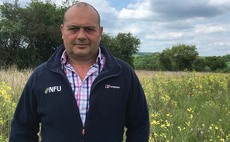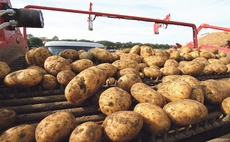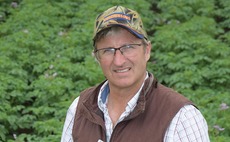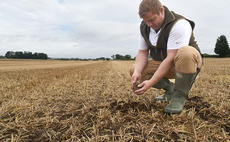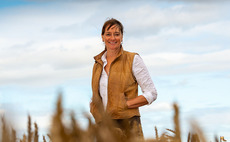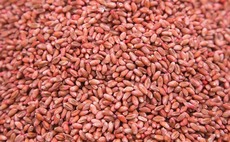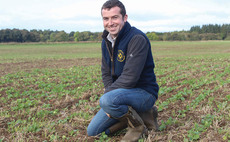Arable Farming
Arable
Oilseed rape growers and agronomists can now calculate the optimum timing to target cabbage stem flea beetle larvae hatch, with the chance to limit stem infestation.
Arable
Harvest finished on September 9 which is not too late but with its stop start nature and slow pace we were all pleased to finally finish.
Arable
Writing this in mid-September after another harvest is complete, I, like many growers, find myself reflecting on the growing year just passed.
Arable
The loss of potato desiccant diquat, sprout suppressant chlorpropham (CIPC) combined with soil damage from last year has meant that some growers are facing added growing costs of £100/hectare in 2020.
Arable
Harvest finished for us on September 11, three days later than last year, which was not a bad result considering where we were approaching the end of August. It was a very stop start affair this year, as it was for most in our part of the country, and it never really felt like we got going.
Arable
I was in Scotland last week, trying to catch the fish of 10,000 casts or so Ian the gillie told me after I blanked.
Arable
Harvest is all but finished here in North Yorkshire, the last few stragglers of spring barley are to be mopped up while spring beans are just about ready to cut. In all, yields are what we expected. Need I say any more?
Arable
Oats were the worst hit, with up to 50% of the grain on the floor; a shame when they were looking such a good alternative wheat break. Still, we must never make decisions on a single season.
Arable
Cereal growers are being advised to be particularly cautious when handling over-yeared seed bags following reports of bags ripping or spilling during movement.
Arable
Its always a nice feeling to be finished harvest regardless of how it has gone and, with our 2020 efforts concluding yesterday (September), we have shaved a week off our usual date - helped along last week by some glorious windy days allowing very early starts.
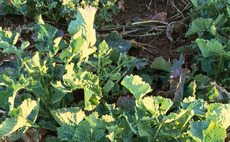
 30 September 2020
•
2 min read
30 September 2020
•
2 min read
